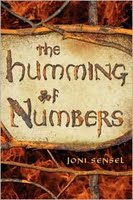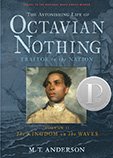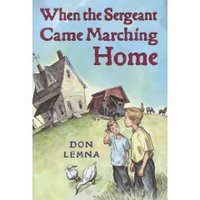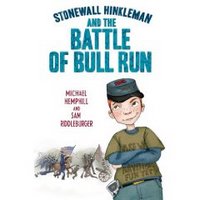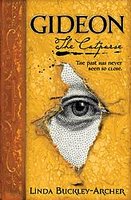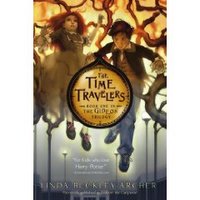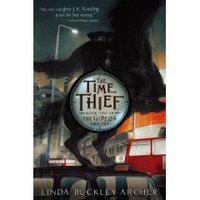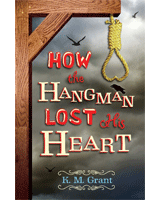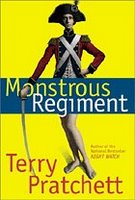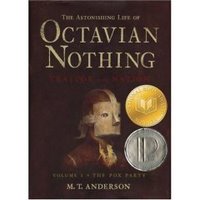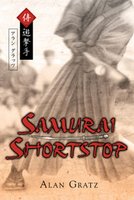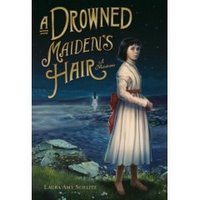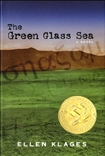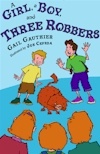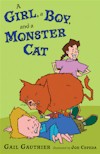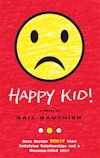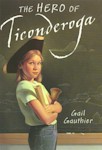Farah Mendlesohn, an academic and critic who has written about
fantasy, among other things, has started a new blog devoted to the work of British author
Geoffrey Trease. In her
first post at
The Trease Project, Farah says Trease (who I'd never heard of), "set out to write a new form of history for children, which didn't focus on great men and women, but on the you and me of history."
Well, didn't that just speak to me. I've never gotten over my first history class as a college freshman, which was taught by a professor whose car license plate was stamped "Bodo," the name of a medieval French peasant living at the time of Charlemagne. Pretty much all I took away from that class was the importance of the so-called common man. That was enough.
Farah also spoke to me when she said she planned to read and blog about "
everything Geoffrey Trease wrote (fiction and non-fiction) in the order in which he wrote it, at the same time, reading contemporary discussions about the teaching of history." Everything that's obsessive about me loved that.
I sought out what I could find of Trease's work and ended up reading
The Barons' Hostage. It was originally published in 1952, so it will be a while before Farah gets to it, since Trease started publishing in the 1930s.
I found
The Barons' Hostage kind of flat in style but also readable. In the article from
British Children's Historical Novels, linked to above, the author says of him, "If there is a criticism to be made of his writing I would say that it lacks emotional depth; intensity wasn't his style, and his understated approach has its own strengths." I think that pretty much hits the nail on the head...lacking emotional depth and intensity and understated. I would say the book also seemed lacking in voice, though that might not have been a big issue in the time it was written. Nowadays when voice is so important in children's books, it was striking by its absence.
The Barons' Hostage tells the story how
Edward I, while still a prince, was held hostage by his uncle,
Simon de Montfort, who was leading a baronial revolt against Edward's father,
Henry III. Two child characters are added for child interest, but as I read this book, I felt that the story about the kids was just an excuse to tell the rather charismatic Edward's story. In fact, if you follow the links on Edward I and Henry III and scroll down on the material it leads to until you find the name "Simon de Montfort," you'll find the basic storyline for
The Barons' Hostage.
This isn't necessarily a bad thing. When I was a kid, I loved historical kings and queens. By which I mean real ones, none of this fairy king and queen business. I probably would have sucked this book up. In fact, reading it a few weeks ago led me to research these two kings and Simon de Montfort, none of whom I knew anything about.
Reading this book and what Farah has had to say so far at
The Trease Project has raised still more questions for me about what a historical novel should be, particularly what a historical novel
for children should be. The whole story of children's historical fiction having its own history--how fascinating is that!?
Simon de Monfort has quite a
web presence. And get this...his father, also
Simon de Montfort, fought against
the Cathars. The Cathars appear in the second book of
The Youngest Templar serial.
How bizarre is it that I would be reading about all this linked stuff this fall?
I love it when this kind of thing happens!
Labels: historical fiction
